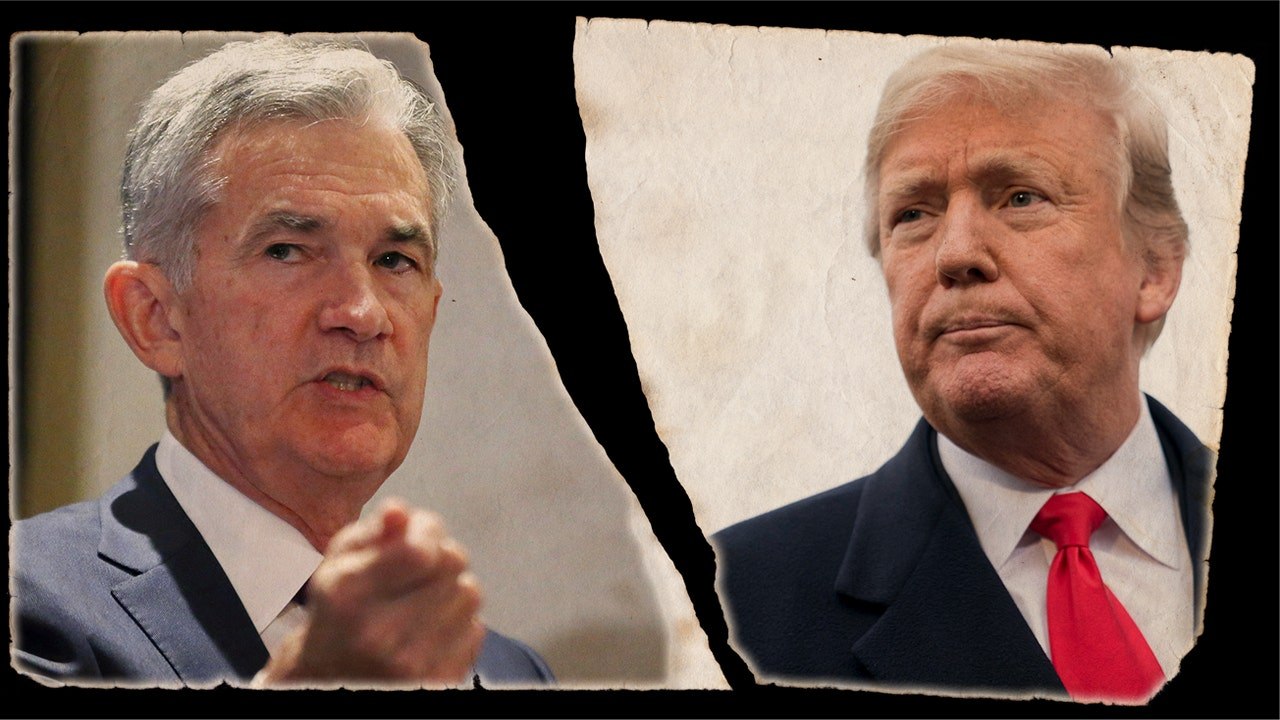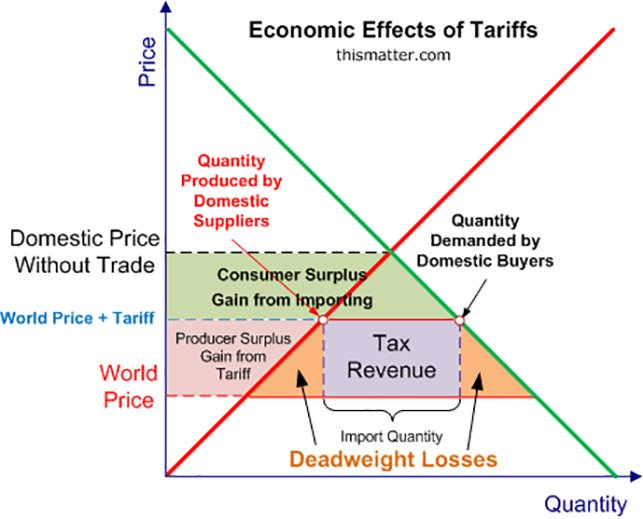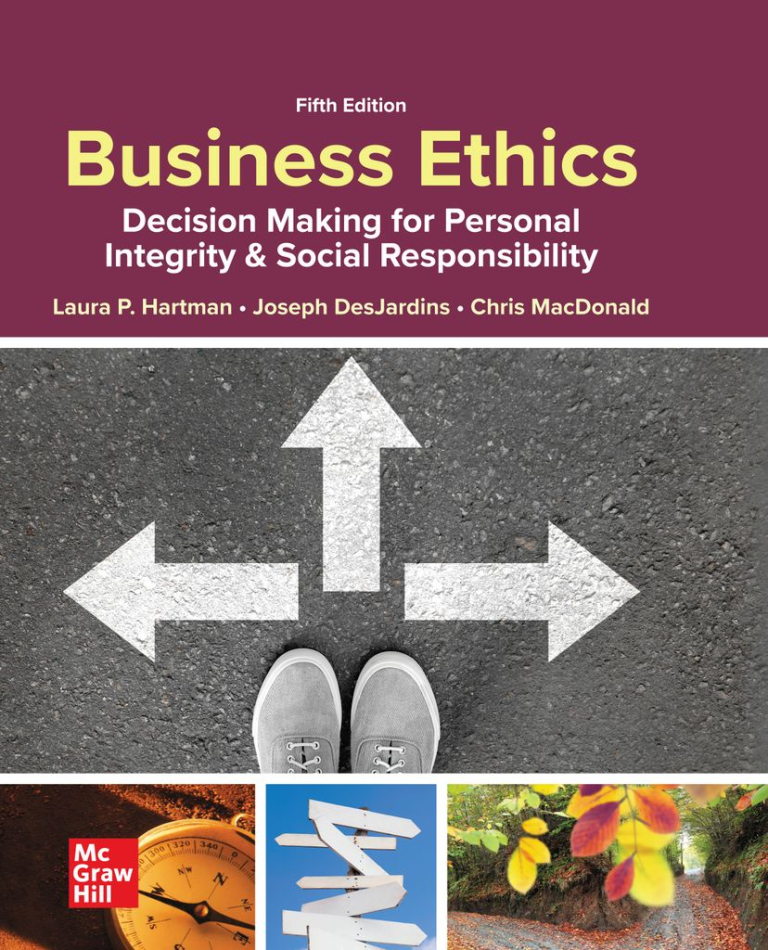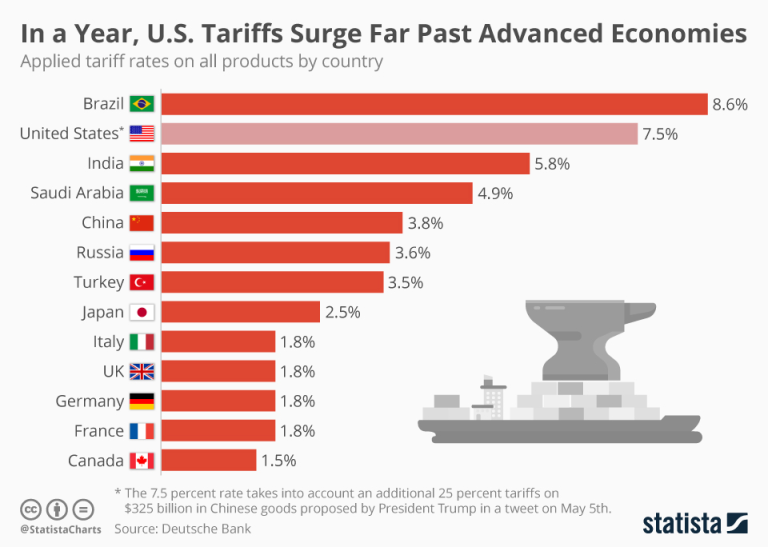
The question of whether Trump can fire the Fed chairman has become a hot topic in recent discussions about the future of U.S. monetary policy. With the Federal Reserve led by Jerome Powell, the former president’s contentious relationship with the central bank has raised eyebrows among economists and investors alike. Trump’s criticism of Powell has been well-documented, particularly his belief that the Fed chair should adopt a more aggressive stance on interest rates to bolster Trump’s economic policies. The potential impact of a Fed chair removal on markets is significant, sparking debates over the ramifications for the Federal Reserve’s independence. As tensions rise, the focus on Jerome Powell news highlights the delicate balance between political influence and monetary policy decisions, leaving many to speculate about the future of the Fed under any presidential pressure.
Considering the broader implications of leadership in the Federal Reserve, discussions often revolve around the possibility of a presidential upheaval in the role of Fed chairperson. Jerome Powell’s position is increasingly scrutinized amidst President Trump’s economic strategies and criticism of current monetary practices. The potential ramifications of removing a Fed chair extend beyond mere personnel changes; they could signal a shift in monetary policy dynamics that affects inflation and economic growth. The dialogue around the possibility of a Fed chair’s firing emphasizes the inherent tensions between political maneuvering and the expected independence of financial institutions. As experts weigh in on this contentious issue, it becomes clear that any decisions made in this context could have profound effects on the stability and direction of U.S. economic policy.
Can Trump Fire the Federal Reserve Chairman?
The question of whether President Trump can fire the Federal Reserve Chairman, Jerome Powell, has significant implications for both the financial markets and monetary policy at large. The Federal Reserve Act of 1913 does not explicitly grant the president the power to dismiss the chair, but it does allow for the removal of governors ‘for cause.’ This has led to ongoing debates among legal scholars about the interpretation of the Act, particularly in light of Trump’s contentious relationship with Powell, which includes public disagreements about interest rates and broader economic policy. Understanding the legal framework surrounding this issue is essential, as it reflects on the independence of the Federal Reserve and its critical role in shaping economic policy in the United States.
It’s important to note that while Trump has publicly commented on his desire to alter monetary policy, the potential removal of Powell could set a dangerous precedent, undermining the established independence of the central bank. Historically, Treasury secretaries and administrations have favored looser monetary policies, especially in times of economic strain, yet the Fed’s independence is grounded in the need to maintain long-term economic stability. Thus, any attempt by Trump to dismiss Powell could lead to significant market volatility, emphasizing the delicate balance between political influence and central bank autonomy.
Furthermore, Trump’s economic policies reflect a broader agenda that could shift the Federal Reserve’s monetary strategies towards more aggressive measures, such as cutting interest rates to stimulate growth. However, many analysts caution that the markets are likely to react negatively to such instability, which serves as a disincentive for the president to follow through with his threats. The potential adverse effect on the markets is a significant consideration; strong trust in the Federal Reserve’s policies is crucial for maintaining stability in both short-term and long-term interest rates. Thus, the question remains: if Trump were to proceed with firing Powell, how would the markets interpret this move in the context of broader economic implications?
Impact of Fed Chair Removal on Economic Stability
The ramifications of President Trump firing the Federal Reserve Chairman could extend far beyond immediate financial markets. Removing Powell might lead to disruptions in monetary policy decisions, which are designed to control inflation and ensure economic growth. The Federal Reserve operates with a degree of independence that enables it to decide on interest rates free from direct political pressure, a safeguard that is especially critical during times of economic uncertainty. If Trump were to succeed in removing Powell, it could be seen as a move to manipulate monetary policy, leading to a loss of confidence among investors and analysts. Such a loss of confidence could exacerbate market instability, which in turn could negatively impact consumer spending and overall economic growth.
Moreover, the potential replacement of Powell with someone who may be more amenable to the administration’s desires for a more aggressive monetary policy could provoke unforeseen long-term consequences. The Fed has a mandate to prioritize price stability and employment, and a shift towards a more politically-influenced monetary strategy could undermine this mission. Financial markets operate on trust and predictability—if investors begin to doubt that the Fed will act independently, they might react by demanding higher yields on government bonds, resulting in increased borrowing costs for consumers and businesses alike. The broader implications of such a scenario highlight the interwoven nature of federal policies, economic outcomes, and market perceptions, making any discussion about the actual firing of the Fed chair a topic of paramount importance.
The Legal Framework Surrounding Federal Reserve Removals
Understanding the legal parameters regarding the potential firing of the Federal Reserve Chairman involves examining the Federal Reserve Act and the implications of various Supreme Court rulings. The distinction between the roles of the president and the level of independence afforded to the Fed has been a point of contention in recent years, particularly regarding how the Court interprets executive authority over independent agencies. While the Federal Reserve Act provides that governors can be removed for cause, the framing around whether the chair shares similar protections remains ambiguous. Thus, debates around this legal ambiguity are central to discussions about Trump’s ability to dismiss Powell without substantial legal ramifications.
In light of recent judicial interpretations, it’s clear that the landscape is shifting. For example, the Supreme Court’s decision in the Seila Law case has placed additional scrutiny on the extent of ‘for cause’ protections for heads of independent agencies. This raises critical questions regarding the balance of power between the executive branch and independent agencies. Should the Supreme Court decide to further limit the protections historically enjoyed by Fed Chairs, this could pave the way for presidential influence over monetary policy decisions in a way that many lawmakers and economists fear could lead to erratic and short-sighted economic strategies. Ultimately, the legality of any potential removal may not only hinge on the interpretation of the law but also on the prevailing political climate and its influence on judicial decision-making.
Jerome Powell’s Leadership and Market Confidence
Jerome Powell’s tenure as Fed Chair has been characterized by careful navigation through tumultuous economic landscapes, including the COVID-19 pandemic. Under his leadership, monetary policy decisions have aimed to prioritize economic recovery while tempering inflation concerns. Powell’s approach emphasizes consensus-building and transparency within Federal Reserve decisions, which helps maintain market confidence in both the Federal Reserve’s strategies and the broader economic outlook. The stability afforded by his leadership has been a crucial element in managing investor expectations and promoting long-term economic growth.
If Trump were to fire Powell, it is likely that immediate market reactions would reflect fears of instability, with investors anxious about potential shifts towards more accommodative policies. Markets thrive on predictability, and the abrupt removal of a central bank leader can shake the foundation of that reputation. Should a new chair with divergent views take Powell’s place, it may lead to a crisis of confidence in the Fed’s objectives, pushing investors to seek higher premiums for holding Treasury bonds, which could inadvertently result in higher interest rates across the economy. Thus, the dynamics of monetary policy are closely tied to leadership stability at the Federal Reserve.
Market Reactions to Potential Changes in Fed Leadership
Historically, the prospect of changes within the Federal Reserve has prompted significant reactions from Wall Street and other market participants. The prospect of firing Jerome Powell has already created waves in financial circles, with investors speculating on the broader implications for monetary policy and economic growth. A shift in leadership could signal to the markets a potential pivot towards more aggressive or political-driven monetary policies, undermining the Fed’s commitment to maintaining stable inflation and fostering sustainable growth. As the central bank navigates its dual mandate, the concern remains whether political influence could compromise this balance.
Market dynamics are particularly sensitive to alterations in Federal Reserve leadership. For instance, if Trump were to replace Powell with someone perceived as aligning more closely with his economic policies, the market might initially react favorably, anticipating more lenient monetary policies. However, such excitement could quickly dissipate if investor confidence in the Fed’s independence erodes, resulting in a sell-off and an uptick in longer-term interest rates. The potential for such market volatility underscores the intricate relationship between the Federal Reserve’s operational autonomy and the political landscape within which it functions.
Future Implications of Firing the Fed Chair
Considering the long-term consequences of President Trump’s potential move to fire Fed Chair Jerome Powell invites discussions about the future of the Federal Reserve’s credibility. A decision to remove Powell could have far-reaching implications not only for monetary policy but also for the integrity of the central banking system in the U.S. The resulting instability, combined with market fears of political interference in independent agencies, could lead to a prolonged period of uncertainty for both investors and policymakers, complicating future economic recovery efforts. The perception of a compromised Federal Reserve could diminish investor trust, impacting everything from the stock market to consumer spending.
Furthermore, the implications of such a significant policy shift could resonate well beyond the U.S. borders, influencing global markets and economic stability. The Federal Reserve plays a vital role in coordinating international economic policies and maintaining global financial stability. Should Trump fire Powell, it may signal to other global leaders a potential shift towards more interventionist policies, altering the dynamics of international economic relations. The uncertainty brought about by such actions could deter foreign investment, thereby impacting the overall trajectory of recovery in a post-pandemic economy. The future of the Federal Reserve and its leadership will undoubtedly shape economic policy far beyond its immediate borders.
Public Perception of the Fed and Its Chair
The public’s perception of the Federal Reserve and its leadership is integral to understanding the potential consequences of any political maneuvering involving the chair. Confidence in the Fed’s impartiality is essential for effective monetary policy implementation. If the public senses that the leadership could be swayed by political interests, it may lead to skepticism around the Fed’s decisions, ultimately undermining its effectiveness in managing economic challenges. Trump’s criticisms of Powell and the implications of potentially firing him could have a profound effect on how the public views the Fed as a whole.
Moreover, public trust in the Fed is critical for ensuring that its measures—whether they involve interest rates, inflation control, or economic support—are met with compliance from various economic actors. A narrative that frames the Fed as another tool of political agenda could encourage market participants to act irrationally, further destabilizing economic conditions. As public opinion often shapes economic sentiment, the ability of the Federal Reserve to maintain its authority and functionality hinges not only on legal interpretations or market reactions, but also on how effectively it can communicate its mission and maintain public trust in its independence and objectivity.
The Role of Courts in Federal Reserve Affairs
The involvement of courts in cases pertaining to the legitimacy of a Fed Chair’s removal underscores the complex relationship between law and monetary policy. Recent judicial interpretations reflect ongoing shifts in the understanding of executive power over independent agencies, raising important questions about the role of the Supreme Court in reinforcing or undermining the Federal Reserve’s autonomy. The potential for judicial scrutiny highlights how the legal landscape surrounding the Federal Reserve is continually evolving, influenced by broader political and social context.
While the legal framework might allow for judicial recourse regarding the dismissal of a Fed chair, significant uncertainties remain. The courts have historically upheld protections for independent agencies, but their stance on cases related to the Federal Reserve remains particularly nuanced. As each case that challenges established doctrines unfolds, the implications for monetary policy and executive authority become increasingly evident. The intersection of law, politics, and economic strategy will be instrumental in determining both the future of the Federal Reserve’s operations and broader economic stability.
Evaluating the Pros and Cons of Fed Leadership Changes
When contemplating the idea of removing the Federal Reserve Chairman, it is essential to weigh the potential advantages against the considerable risks involved. On one hand, a new chair could introduce fresh perspectives and policy directions that may stimulate economic growth in the short term. If the incoming chair aligns closely with the administration’s desire for looser monetary policy, this could provide an immediate boost to the stock markets and signal a commitment to aggressive economic stimulation in the face of potential downturns.
Conversely, the risks involved with such a change cannot be overstated. The very act of removing Powell may trigger a loss of confidence in the central bank’s stability and goals, leading to increased volatility and unpredictability in the financial markets. Investors may react far more negatively than any projected benefits could offset, leading to unpredicted consequences that could ripple across the economy. Thus, while the motivation behind such a decision could be directed towards achieving economic objectives, the potential fallout suggests that maintaining leadership stability at the Federal Reserve might be the more prudent course of action.
Frequently Asked Questions
Can Trump fire the Federal Reserve chair, Jerome Powell?
While President Trump can express dissatisfaction with Federal Reserve Chair Jerome Powell, his ability to fire Powell is legally complex. The Federal Reserve Act allows for governors to be removed only for cause, and it remains unclear whether this applies to the chair. Market reactions to such a move would likely be significant, as it could undermine the Fed’s independence and alter monetary policy decisions.
What would the impact of firing the Fed chair, Jerome Powell, be on Trump’s economic policies?
If President Trump were to fire Jerome Powell, it could raise concerns about the independence of the Federal Reserve, potentially destabilizing markets. This action might also signal a shift towards looser monetary policies, affecting inflation and economic growth under Trump’s administration.
How does Trump’s relationship with Jerome Powell affect monetary policy decisions?
Trump has publicly criticized Powell for not implementing more aggressive interest rate cuts. This contentious relationship could influence monetary policy decisions, as the Fed may be wary of political pressure that prioritizes short-term economic growth over long-term inflation targets.
What are the legal arguments surrounding the removal of the Fed chair?
Legal experts debate whether the President has the statutory authority to remove the Fed chair without cause. Previous Supreme Court decisions have upheld ‘for cause’ protections for agency heads, but recent rulings suggest that the court may reevaluate this standard, particularly concerning the Federal Reserve.
Why is Wall Street concerned about the potential firing of Jerome Powell?
Wall Street fears that firing Jerome Powell could indicate a shift towards a more accommodative monetary policy, which might lead to inflation. Such a change could undermine the credibility of the Federal Reserve, causing long-term interest rates to rise and creating uncertainty in the financial markets.
What role does the Fed chair play in influencing U.S. economic policies?
The Fed chair plays a crucial role in guiding monetary policy, though they cannot unilaterally dictate decisions. Powell’s leadership involves building consensus among the Federal Open Market Committee (FOMC), where collective decisions impact interest rates and broader economic strategies.
Could Trump appoint a new Fed chair to align with his economic vision?
If Trump were to let Powell complete his term, he would have the opportunity to nominate a successor. The identity of a new chair could signal a shift in monetary policy direction, which could either comfort markets or raise new anxieties about the Fed’s role in economic stability.
What has been the historical precedent for a president firing a Fed chair?
Historically, presidents have been cautious about removing Fed chairs due to the importance of maintaining the Federal Reserve’s independence. The precedent of stability is often favored over potential political maneuverings that could disrupt economic policies.
| Key Point | Details |
|---|---|
| Trump’s Relationship with Powell | Trump and Powell have had a tumultuous relationship, with Trump criticizing Powell for not being aggressive enough in cutting interest rates. |
| Legal Ramifications of Firing Powell | Under the Federal Reserve Act of 1913, it is unclear if the President has the power to remove the Fed Chair without cause. |
| Market Reaction | Many analysts believe firing Powell could harm the Fed’s independence and create significant market instability. |
| Potential Supreme Court Involvement | The Supreme Court’s stance on the President’s removal power could influence the legality of firing Powell. |
| Impact on Monetary Policy | If Powell were to be removed, markets fear a shift toward looser monetary policy, which could lead to increased inflation. |
| Chair’s Influence | The Chair of the Fed has significant but not absolute power within the FOMC; consensus-building is crucial. |
| Replacement Concerns | Markets are likely to react negatively to Powell’s ousting, regardless of the successor’s qualifications. |
Summary
Can Trump fire the Fed chairman? This question embodies the complexities surrounding the relationship between President Trump and Federal Reserve Chairman Jerome Powell. Given the intricacies of legal interpretations within the Federal Reserve Act and the potential market repercussions, the discussion highlights critical concerns regarding the central bank’s independence. If Trump were to follow through on such a controversial decision, it could jeopardize the credibility of the Fed and alarm financial markets, leading to greater economic uncertainty. Thus, while Trump has hinted at the possibility, the implications go beyond mere executive power, as they touch on broader economic stability and governance issues.



